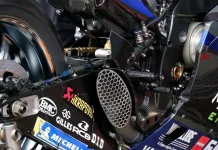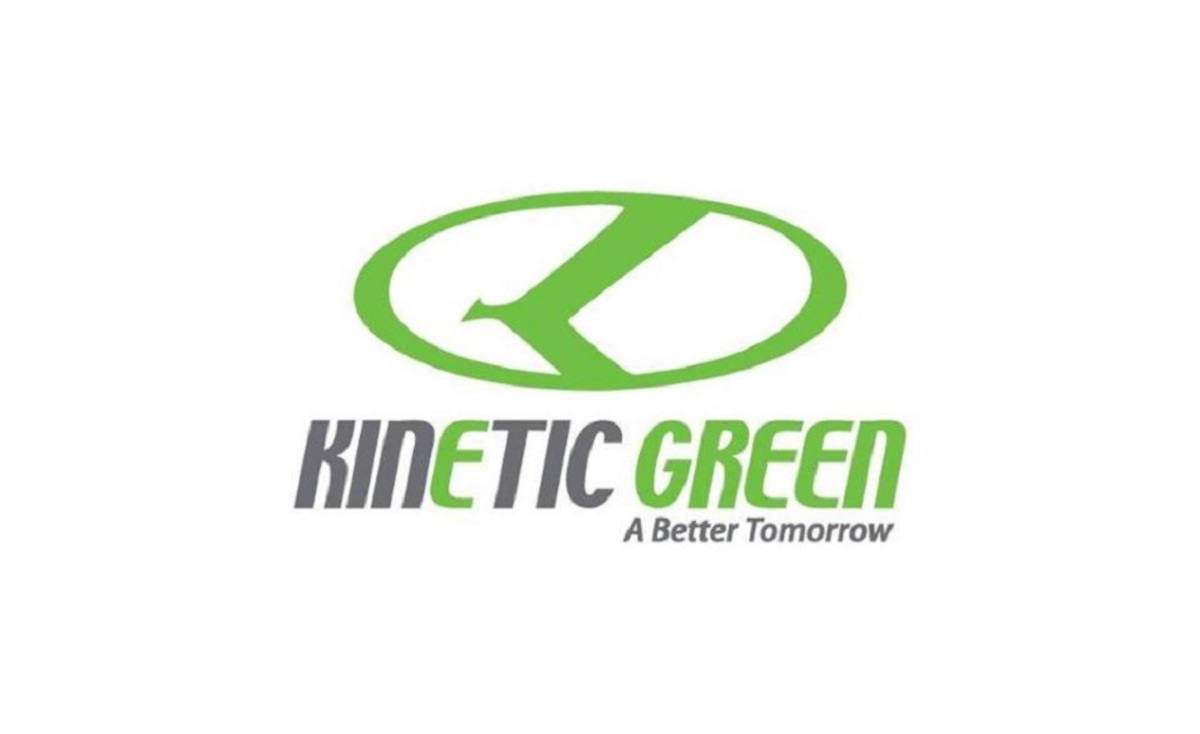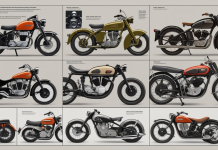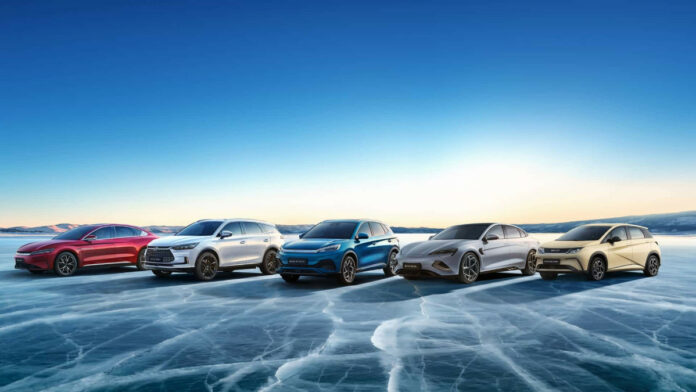BYD
BYD, the Chinese automaker, has experienced a remarkable transformation, shifting from early skepticism to becoming a global leader in the electric vehicle (EV) market. Founded in 1995, BYD initially focused on lithium-ion batteries for mobile phones before venturing into automotive manufacturing.
Warren Buffet’s investment in 2008 and substantial Chinese government support fueled its growth. BYD produces a diverse range of vehicles, from city cars to luxury models and commercial vehicles, with an emphasis on EVs.


BYD electric vehicles
In 2023, BYD achieved over 3 million global vehicle sales, surpassing Tesla in EV deliveries. With in-house battery production and improved product quality, BYD is poised to play a significant role in the future of EVs.
BYD, which stands for Build Your Dreams, is indeed a remarkable success story in the automotive industry, particularly in the electric vehicle (EV) segment. Here’s an analytical overview of BYD and its evolution:
BYD’s Background and Early Challenges
- Founded in 1995 in China with just 20 employees, BYD initially started as a supplier of lithium-ion batteries for mobile phones.
- The company transitioned into automotive manufacturing with the acquisition of Xi’an Qinchuan Automobile in 2003.
- In its early years, BYD faced skepticism due to the quality, design, and technology of its cars.
Growth and Investment
- In 2008, Warren Buffet’s Berkshire Hathaway invested $225 million in BYD, primarily attracted by its battery business.
- Substantial investments by the Chinese government in EVs further boosted BYD’s growth.
- BYD expanded into various markets, including the Middle East, South America, and Africa.
Product Range
- BYD produces a wide range of vehicles, including small city cars, compact sedans, crossovers, luxury models, and commercial vehicles.
- It offers vehicles with both plug-in hybrid and fully electric powertrains, although it initially counted hybrids as electric vehicles.
BYD EV models
Global EV Sales Leadership
- In 2023, BYD achieved a significant milestone by selling over 3 million vehicles worldwide, with a focus on electric vehicles.
- It outpaced Tesla in global EV sales during 2023, with 526,400 EV deliveries in the fourth quarter, surpassing Tesla’s 484,500.
Global Presence
- BYD expanded beyond China into regions like the Middle East, South America, Africa, Europe, Southeast Asia, and the United Kingdom.
- It has manufacturing facilities in various countries, including Hungary and the United States.
U.S. Market
- Despite having a headquarters in Los Angeles, BYD does not sell cars in the United States due to tariffs and ongoing trade tensions.
- However, it has started sales in Mexico and is considering a factory there to potentially circumvent tariffs.
Battery Manufacturing
- BYD is one of the world’s largest suppliers of rechargeable batteries, manufacturing its battery packs in-house.
- It also supplies batteries to other electric vehicle manufacturers and may partner with Mercedes-Benz for EVs using BYD batteries in the future.
Warren Buffet’s investment in BYD
Product Quality
- Over the years, BYD has improved the quality, design, and technology of its cars.
- European reviewers have praised the interior and exterior designs, as well as the value proposition of BYD’s vehicles.
- BYD’s cars offer competitive range, technology, and performance at lower prices compared to many competitors.
BYD battery technology
Future Outlook
- BYD’s growth and success in the EV market showcase the strength of China’s auto industry.
- While facing potential challenges in certain markets, BYD remains a serious player in the electric vehicle space and is expected to continue expanding its presence globally.
Pros and Cons of BYD as a global electric vehicle (EV) manufacturer:
| Pros | Cons |
|---|---|
| Strong Growth in EV Sales | Initial Quality and Design Concerns |
| Diverse Range of Vehicle Offerings | Limited Availability in Certain Markets |
| Substantial Investment and Support | Not Currently Available in the U.S. Market |
| In-House Battery Manufacturing | Trade Tensions and Tariffs in the U.S. |
| Competitive Pricing and Value | Competition from Established Automakers |
| Expanding Global Presence | Potential Regulatory Challenges |
| Positive Product Improvements | |
| Contribution to Sustainable Transport |
Conclusion
For the latest updates and insights into BYD’s journey as a global electric vehicle leader, stay informed and explore the exciting innovations in sustainable transportation. Discover more about BYD’s remarkable growth and its impact on the automotive industry. Stay connected with the future of mobility.



































